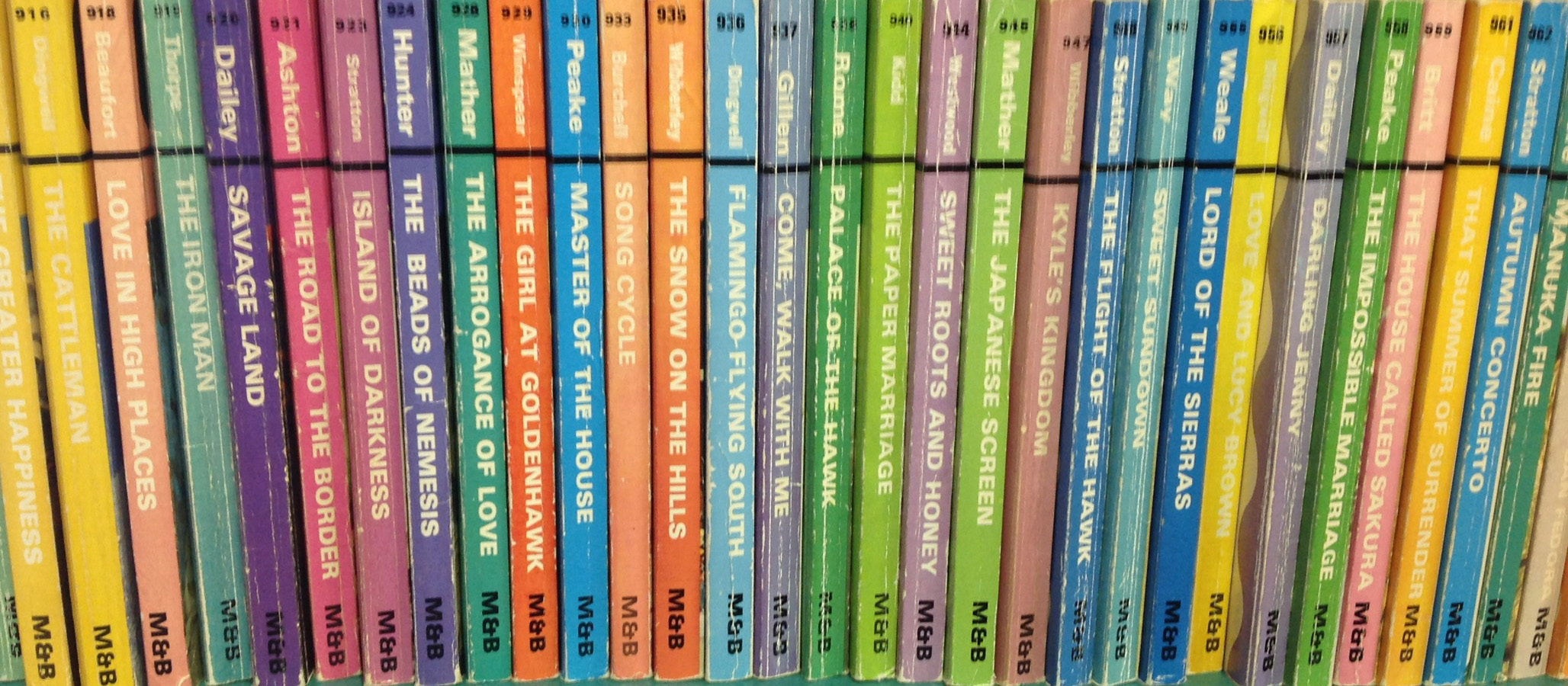Finding a Family: The Genre World of #RomanceClass
Start Date
22-4-2020 9:00 AM
End Date
22-4-2020 10:00 AM
Proposal Type
Individual Presentation
Abstract
#RomanceClass is a biblio-community of authors, artists, actors, and readers involved in the creation, production, and reception of independently published English-language contemporary romance novels in the Philippines. To be a #RomanceClass book, a novel must not only uphold textual conventions of the romance genre (eg. a central love story and a happy ending), but must also have involved the #RomanceClass community in its publishing process, whether through beta reading, sensitivity reading, or editing. For #RomanceClass, genre is established not just through text but by the means of producing the text.
In October 2019, we undertook fieldwork in Manila, where we interviewed #RomanceClass authors, actors, and community members, and attended the live reading event Feels Fest 2019. This paper draws on that data, using a “genre worlds” approach (Fletcher et al 2018; Driscoll et al 2018) to map the professional, social, and textual configurations of #RomanceClass. It also applies an “internet-related” digital ethnographic methodology (Postill & Pink 2012; Pink et al. 2016) to account for the post-digital nature of the #RomanceClass genre world, which spans both social media, signified by the hashtag #RomanceClass, and physical spaces, such as live-reading events. This paper focuses on the way the #RomanceClass community conceives of itself as a found family, exploring the ways in which this affects the way they act and interact as professionalised group, and the ways in which this is articulated in the romance novels that they produce. It also unpacks the heuristic value of #RomanceClass community practices for the broader romance industry.
Finding a Family: The Genre World of #RomanceClass
#RomanceClass is a biblio-community of authors, artists, actors, and readers involved in the creation, production, and reception of independently published English-language contemporary romance novels in the Philippines. To be a #RomanceClass book, a novel must not only uphold textual conventions of the romance genre (eg. a central love story and a happy ending), but must also have involved the #RomanceClass community in its publishing process, whether through beta reading, sensitivity reading, or editing. For #RomanceClass, genre is established not just through text but by the means of producing the text.
In October 2019, we undertook fieldwork in Manila, where we interviewed #RomanceClass authors, actors, and community members, and attended the live reading event Feels Fest 2019. This paper draws on that data, using a “genre worlds” approach (Fletcher et al 2018; Driscoll et al 2018) to map the professional, social, and textual configurations of #RomanceClass. It also applies an “internet-related” digital ethnographic methodology (Postill & Pink 2012; Pink et al. 2016) to account for the post-digital nature of the #RomanceClass genre world, which spans both social media, signified by the hashtag #RomanceClass, and physical spaces, such as live-reading events. This paper focuses on the way the #RomanceClass community conceives of itself as a found family, exploring the ways in which this affects the way they act and interact as professionalised group, and the ways in which this is articulated in the romance novels that they produce. It also unpacks the heuristic value of #RomanceClass community practices for the broader romance industry.


